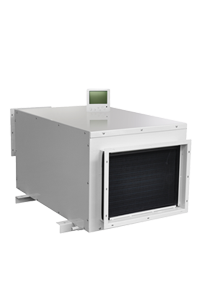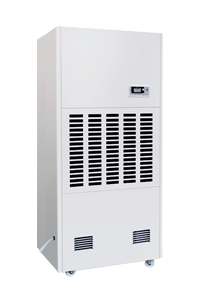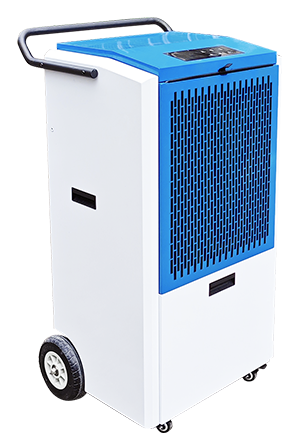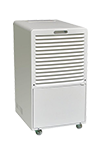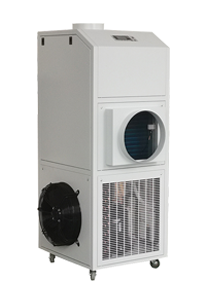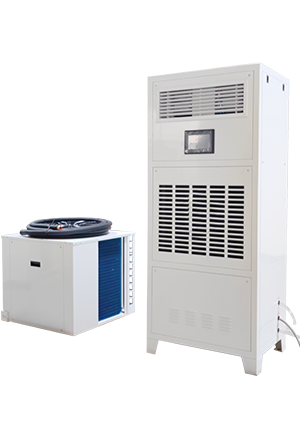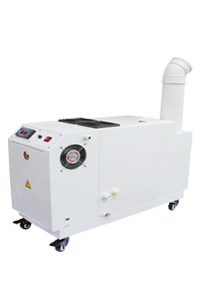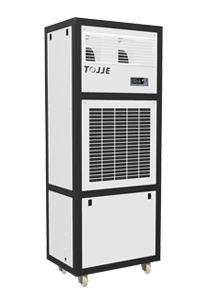News
Maintaining precise humidity levels is essential for ensuring high-quality finishes in paint booths and coating facilities. Excess moisture in the air can cause defects such as blistering, poor adhesion, uneven coating thickness, and longer curing times. Industrial dehumidifiers provide an efficient and reliable solution to control humidity, enhance coating performance, and create a stable production environment for consistent results.
The Impact of Humidity on Painting and Coating Quality
In paint booths, relative humidity (RH) directly affects the evaporation rate of solvents and the curing behavior of coatings. When humidity is too high, water-based paints absorb moisture, leading to surface imperfections and extended drying cycles. Conversely, overly dry air can cause rapid solvent evaporation, resulting in uneven coverage and reduced gloss. Thus, controlling humidity within an optimal range—typically between 40% and 60% RH—is crucial for achieving flawless finishes and long-term coating durability.
How Industrial Dehumidifiers Enhance Performance
Industrial dehumidifiers are designed to extract moisture from large volumes of air with high efficiency. In paint and coating operations, they offer several advantages:
Consistent Environmental Control: They maintain stable humidity and temperature regardless of external weather fluctuations, ensuring uniform coating application and curing.
Improved Product Quality: Controlled humidity minimizes defects such as cracking, pinholes, or dust contamination.
Faster Drying and Curing: Optimized moisture removal accelerates solvent evaporation and hardening, shortening production cycles.
Enhanced Worker Comfort: Stable air quality reduces condensation and odor concentration in enclosed painting environments.
Types of Industrial Dehumidifiers for Paint Booths
1. Refrigerant-Based Dehumidifiers: Best suited for moderate-temperature environments, these units condense moisture through cooled coils.
2. Desiccant Dehumidifiers: Ideal for low-temperature or high-humidity conditions, they use moisture-absorbing materials (silica gel or lithium chloride) for continuous drying efficiency.
3. Hybrid Systems: Combine refrigerant and desiccant technologies to achieve energy-efficient and flexible humidity control across variable operating conditions.
Integration with Paint Booth Ventilation Systems
Modern paint booths require balanced airflow and humidity control. Industrial dehumidifiers can be seamlessly integrated into HVAC and ventilation systems, allowing automated regulation of both humidity and temperature. Smart controllers can adjust dehumidification rates based on sensor feedback, maintaining optimal environmental stability while minimizing energy consumption.
Energy Efficiency and Sustainability
New-generation industrial dehumidifiers feature heat recovery systems, inverter compressors, and eco-friendly refrigerants to reduce energy use and environmental impact. Implementing these technologies helps coating facilities lower operational costs and comply with sustainability standards while maintaining productivity.
Industrial dehumidifiers are indispensable tools for achieving precision, reliability, and efficiency in paint booths and coating facilities. By providing consistent humidity control, they not only enhance coating performance but also contribute to higher throughput, lower rejection rates, and improved environmental safety. As industries continue to demand higher quality and sustainability, advanced dehumidification technology will remain a cornerstone of modern coating operations.

